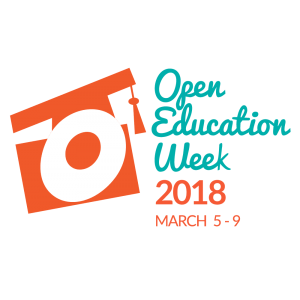Please join us for the following webinar offered by NISO (National Information Standards Organization) and sponsored by the UMass Dartmouth Fair Use Committee.
Wednesday, September 17th
1-2:30
Library Viewing room, Room 314
This webinar will focus on the efforts to make textbooks electronically available under free open copyright licenses as part of the broader open educational resources movement.
Topics:
The Library Publishing Landscape for E-Textbooks
This presentation explores the current landscape for academic libraries’ involvement in publishing e-textbooks, focusing on the Open Access textbook pilot project currently in place between OSU Libraries and Press and the OSU Extended Campus. Participants will learn about challenges and gain some takeaways to assist in investigating their own partnerships.
Student-Funded Textbook Initiative at Kansas State University
For two years, the Student Governing Association at Kansas State University has been the primary funder of the Open/Alternative Textbook Initiative. This project awards stipends up to $5,000 to K-State faculty to develop an alternative to the traditional print textbook. To date, awards totaling $96,250 have been made. Over the next year, it is projected that over 12,000 students in 20 courses will not have to buy textbooks in these courses saving students nearly $1,000,000. Of course, every year each open textbook continues to be used these numbers will increase incrementally. This presentation will cover student/library funding of the project, faculty/library collaboration in the initial proposal and initiative, assessment goals, and more recently, interest in the initiative on the part of the president and provost of the university.
Using Open Resources to Expand Access to Education
Boundless began by offering students affordable textbooks created from open educational resources, helping students save money. Today, the company has grown to serve the entire educational ecosystem by curating, creating, and publishing a range of open content. Using open licensing allows Boundless to serve everyone from students to educators to authors by making it simple to access, share, and customize the resources within its platform. This presentation will discuss the benefits of using open licenses in expanding access to education.


